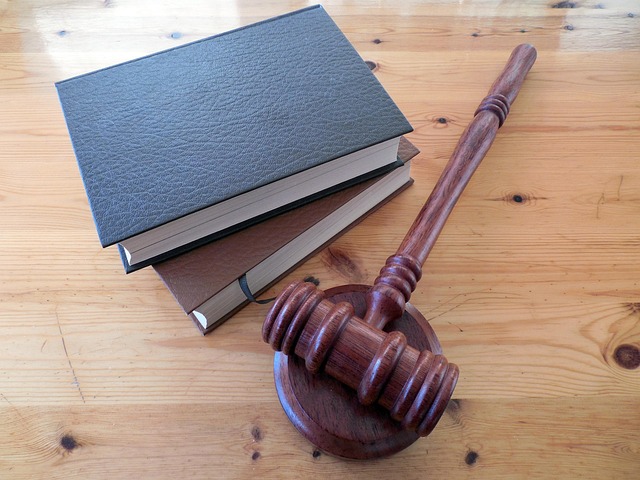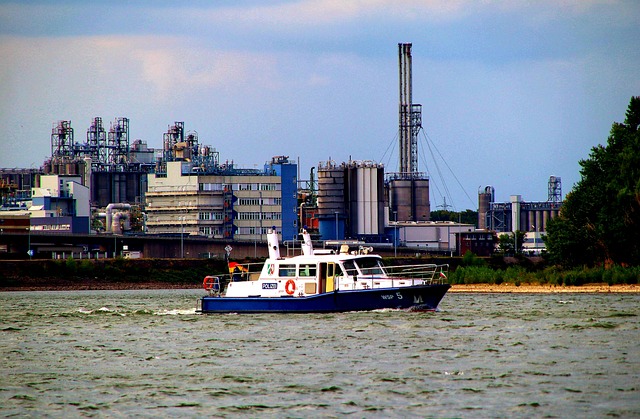Environmental Crime Trials specialize in addressing offenses against ecosystems, balancing punishment and restoration. These complex cases involve pollution, habitat destruction, and wildlife trafficking, requiring understanding of environmental laws. They can significantly impact family property division, complicating asset distribution and creating financial strain. Skilled legal representatives are crucial for guiding families through this process, aiming for charge dismissals or minimal impact on assets. By employing strategic approaches, they ensure that environmental crimes do not disrupt the well-being of affected households, while innovative technology enhances evidence collection and presentation in trials involving contaminated family property.
“Environmental Crime Trials: Uncovering the Legal Battle for a Sustainable Future explores the unique domain of environmental law. This article delves into the impact of these trials on family property division, where conflict resolution becomes a critical aspect of justice. We present real-world case studies showcasing environmental justice in action. Furthermore, we analyze future trends, emphasizing their role in shaping sustainable practices and holding perpetrators accountable, while also considering the complex interplay with Family Property Division Conflict Resolution.”
- Understanding Environmental Crime Trials: A Unique Legal Domain
- The Impact on Family Property Division: Navigating Conflict Resolution
- Case Studies: Real-World Examples of Environmental Justice
- Future Trends and Their Implications for Sustainable Practice
Understanding Environmental Crime Trials: A Unique Legal Domain

Environmental Crime Trials represent a distinct and complex legal domain, addressing offenses that harm our planet and its ecosystems. Unlike traditional trials focused on civil or criminal matters, these cases navigate a unique landscape where environmental protection intersects with justice. The primary goal is not merely punishment but also deterrence and restoration, ensuring the preservation of our natural resources for future generations.
These trials often involve intricate issues, from pollution and habitat destruction to illegal logging and wildlife trafficking. They require a comprehensive understanding of environmental laws and regulations, along with the ability to connect the dots between corporate actions and their impact on local communities and family property division conflict resolution. The outcome can lead to substantial penalties, including fines, community service, or even the complete dismissal of all charges, depending on the severity and unique circumstances of each case. This domain demands a balanced approach, considering both the needs of justice and the interests of corporate and individual clients, as well as the welfare of philanthropic and political communities.
The Impact on Family Property Division: Navigating Conflict Resolution

Environmental crime trials can significantly impact family property division, often leading to complex conflict resolution scenarios. When a family is faced with legal battles involving environmental charges against one of its members, it can create tensions and financial strain on the entire household. The process of dividing assets and properties becomes intricate, requiring careful navigation through legal and emotional landscapes.
In such cases, achieving a complete dismissal of all charges or negotiating exceptional outcomes for his clients is crucial. Skilled legal representatives play a vital role in guiding families towards resolving conflict resolution issues related to family property division. By employing strategic approaches, they help navigate the challenges, ensuring that environmental crimes do not leave a lasting impact on the division and well-being of the affected family’s property.
Case Studies: Real-World Examples of Environmental Justice

In the pursuit of environmental justice, several high-profile case studies highlight the power of legal strategies in holding perpetrators accountable. One compelling example involves a community fighting against a toxic waste site located in their neighborhood. Despite the presence of powerful corporate interests, residents’ perseverance led to a successful lawsuit that resulted in the site’s closure and significant financial compensation for the affected families. This real-world scenario demonstrates how access to justice can be achieved through strategic legal action, especially when addressing white collar and economic crimes.
These environmental crime trials often involve complex issues of property division and conflict resolution. For instance, a case may revolve around the contamination of family property due to industrial activities. The challenge lies in separating the culpable party’s assets from the affected land, ensuring fair restitution for the victims. Through meticulous investigation and winning challenging defense verdicts, white collar defense attorneys play a crucial role in these trials, advocating for their clients while upholding environmental regulations and delivering justice for all parties involved.
Future Trends and Their Implications for Sustainable Practice

As we look ahead, environmental crime trials are poised to evolve and shape sustainable practices through innovative approaches. One notable trend is the increased use of technology in evidence collection and presentation, ensuring a more robust and transparent legal process. Advanced data analytics can uncover complex patterns in pollution cases, aiding prosecutors in building compelling arguments. Additionally, virtual reality may be employed to recreate environmental scenes, offering a unique perspective for judges and juries.
These developments have significant implications for family property division and conflict resolution involving contaminated assets. When dealing with white-collar defense strategies, legal teams can leverage these technological advancements to challenge allegations and present alternative narratives. Winning challenging defense verdicts in such cases will rely on a deep understanding of environmental science coupled with effective communication of complex data, ensuring that justice is served while also fostering sustainable solutions across the country.
Environmental crime trials represent a critical intersection of law and ecology, addressing issues of environmental justice and sustainable practice. As these cases gain prominence, understanding their unique dynamics—especially in the context of family property division conflict resolution—is essential for navigating an evolving legal landscape. By examining real-world case studies, we can anticipate future trends that may shape more equitable and sustainable outcomes, ensuring that environmental considerations are central to legal proceedings.






